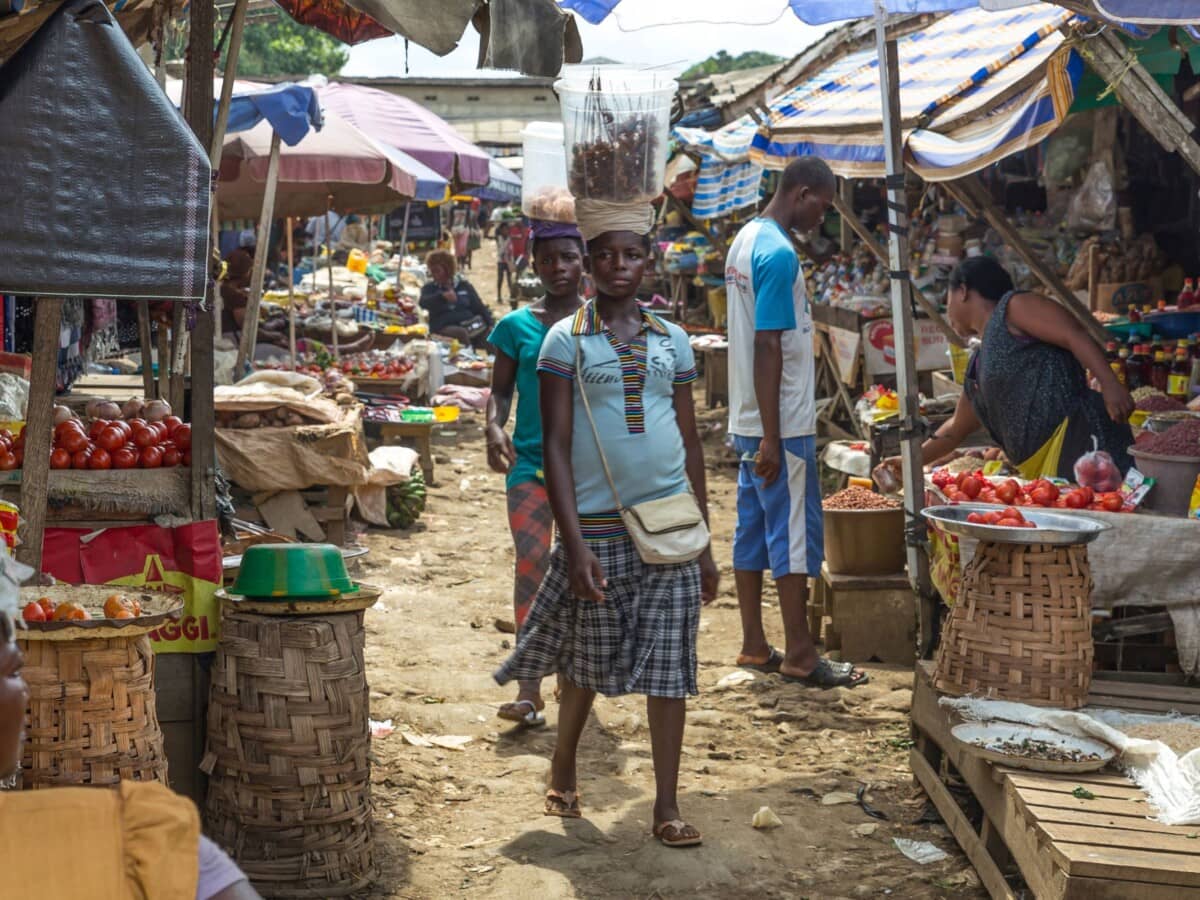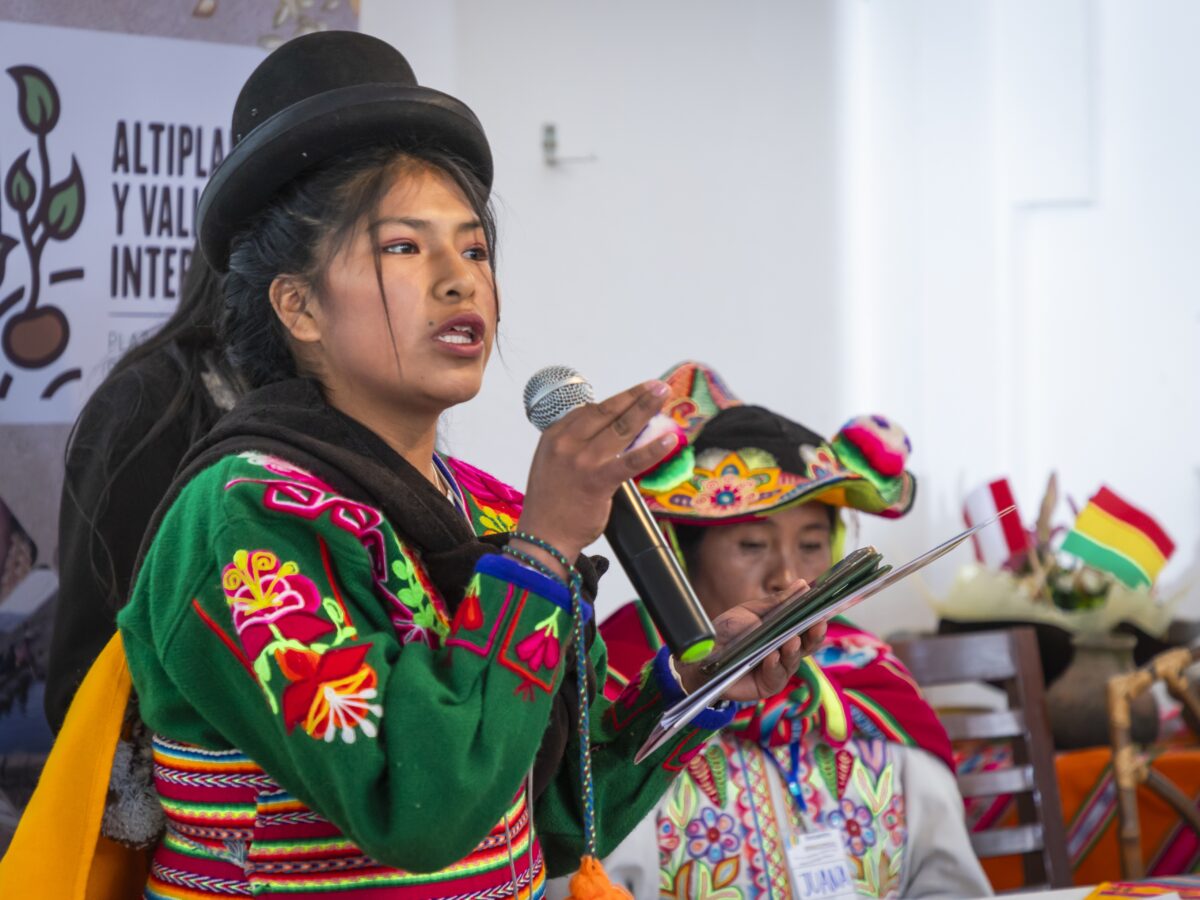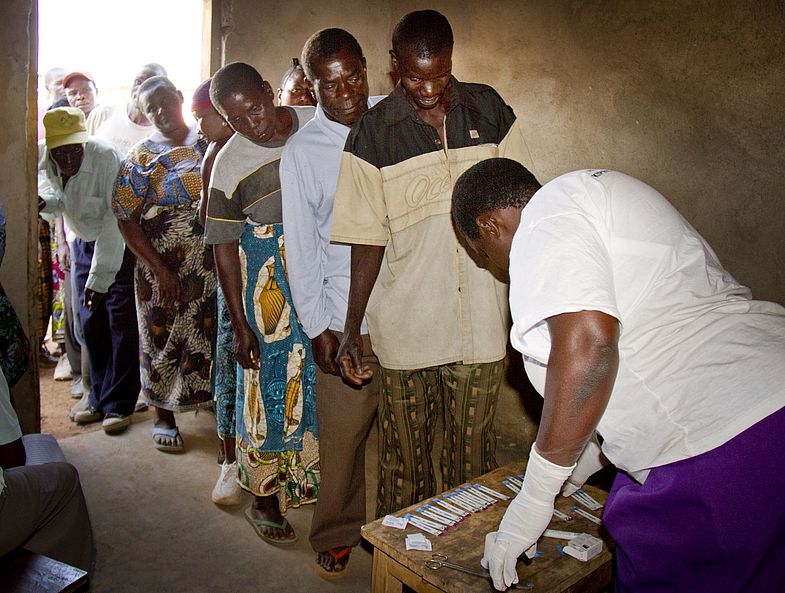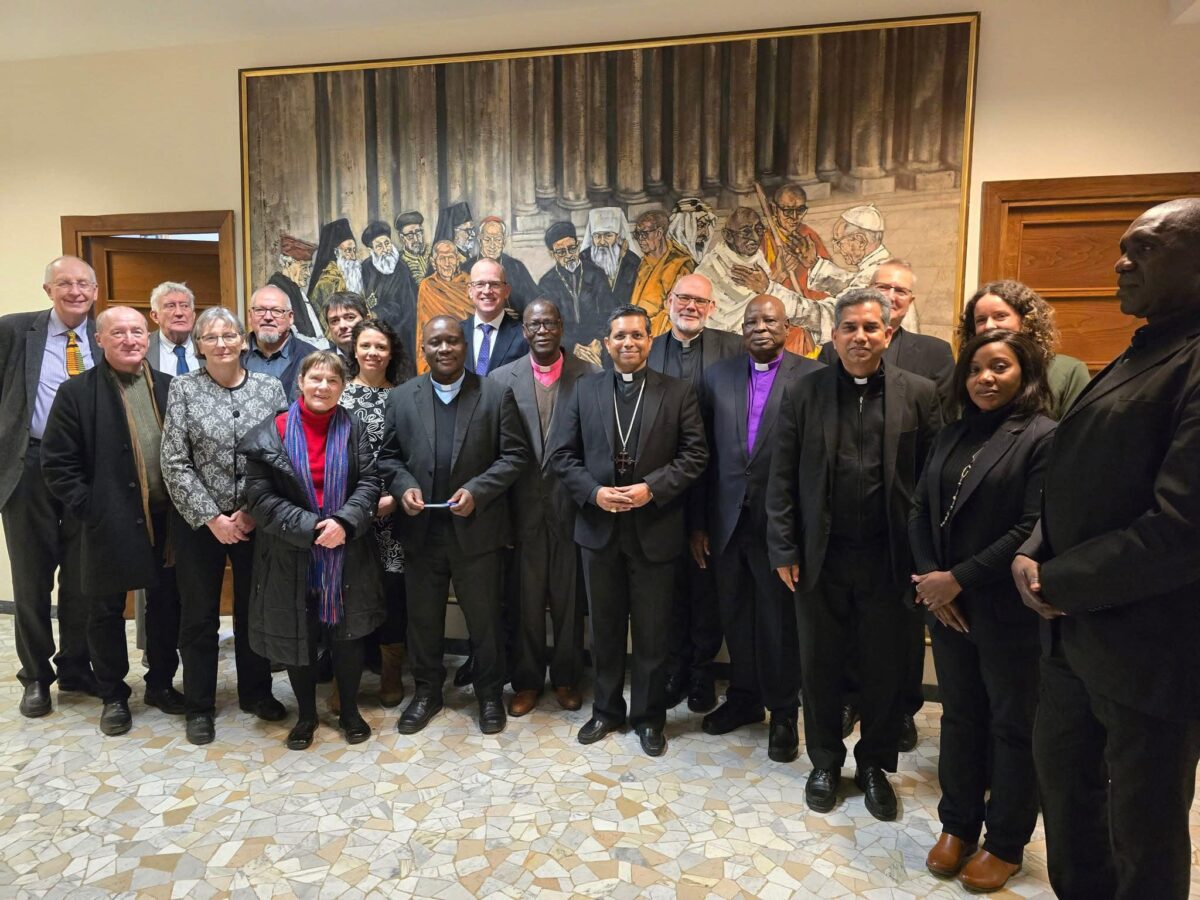Cameroon's Anglophone provinces are increasingly shaken by acts of violence. The situation in the Southwest and Northwest provinces has come to a head, especially since several separatist leaders of the proclaimed independent region of Ambazonia were arrested in January. The separatist attacks are followed by bloody retaliatory strikes by the military, and civilians repeatedly fall victim to the fighting. Many people flee into the surrounding forests or into neighboring Nigeria. Officials are repeatedly kidnapped, schools destroyed and entire villages and crops razed to the ground.
A conflict with many dimensions
The situation is extremely complex. The conflict is playing out in the context of upcoming elections, propaganda on both sides, misinformation, and the constant insecurity of the population. "One of the biggest constraints is the nightly curfew between 21:00 in the evening and 5:00 in the morning, nothing moves during this period," is how coordinator Togho Lumumba Mukong describes the situation. He lives and works in the city of Bamenda in the Anglophone province of Northwest, where he is witnessing the change for the worse firsthand. Cameroon was once a country in which one could move freely at any time, but that is different today: "There is great insecurity! The situation can escalate at any time and anywhere - it's like gasoline; it only takes one match to fall on the ground. You have to keep your eyes and ears open at all times to be as well informed as possible about the latest developments. The latter is made massively more difficult by propaganda in the social media, the systematic spread of misinformation, and the occasional Internet restrictions.
A small glimmer of hope
Togho Lumumba Mukong draws hope from the fact that relations between francophone and anglophone civilians remain good. "That's the good thing about Cameroon to this day: I have many francophone neighbors, we still meet and spend time together. The unrest is not seen as a fundamental problem between the Anglophone and Francophone populations - but as a problem between the Anglophone provinces and the central government in Yaoundé," he explains.
For more background information, read the whole interview on the current situation and how people deal with everyday uncertainty.
Text: Robin Hill, Photo: Tanja Giannone-Schwager
► to the whole interview (as PDF, German)






